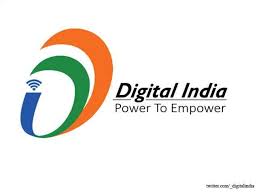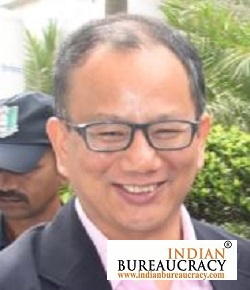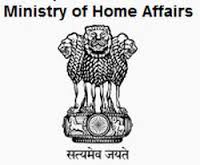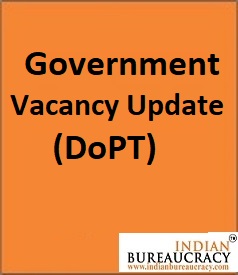Prime Minister Narendra Modi’s focus on Digital India is all set to change the country. As mobile phone companies roll-out 4G services and prices of smartphones keep falling it is possible for the average Indian to connect digitally via voice, data and video services. But for Digital India to take-off, the government needs to quickly address issues relating to spectrum availability and building a robust infrastructure backbone. These were at the centrestage of the discussions at The Express Group’s Digital India Dialogue in New Delhi on October 8. The almost two-hour long discussion also focused on privacy and security of data, building better connectivity in the country and the challenges ahead. Data privacy and security has become more important ever since the European Court of Justice recently struck down a global agreement that allowed companies to move digital data including web searches and social media posts between the European Union and the United States. The discussion was flagged off by chief guest Ashok Chawla, chairperson, Competition Commission of India who stated that concerns on the digital path will be different and be nuanced for different countries. He said the three issues that Digital India needs to consider are the responsibility of big companies, evolving a policy framework in terms of digital electronics platforms and local manufacturing. Aruna Sundararajan, additional secretary, DeitY pointed out that the government has auctioned spectrum released by defence forces. The Indian Army on its part is all set to launch cloud services, which should lead to overall operational efficiency. The biggest challenge before the country is to create employment opportunities for the 10 million people being added to the workforce pool every year, stressed Shankar Aggarwal, secretary, ministry of labour & employment. On the software side, Victoria A Espinel, President & CEO, BSA Group pointed out that the success of the Digital India programme depends to a large extent on policies that will allow the digital economy to flourish. The two obvious themes according to her were education and skill training & science and technology development. The discussion included Arvind Gupta, Head IT Cell, BJP; Dr Govind, CEO, NIXI; Lt Gen Nitin Kumar Kohli, AVSM, VSM, Signal Officer in Chief, Indian Army; John E Matheson, Associate General Counsel, Intel Technology Asia; Praveer Sinha, CEO & managing director, Tata Power Delhi Distribution Limited; Mahesh Uppal, director, Com First India; former finance secretary R Gopalan; Shailesh Pathak, executive director, Bhartiya Group; and Deepak Maheswari, Head, Government Affairs, Symantec among others.
The latest
B Kalyan Chakravarthy IAS relieved as ACS- Skill, Employment & Entrepreneurship Dept, Assam
Shri B Kalyan Chakravarthy IAS (Assam-Meghalaya 1995), presently Additional...
Pravir Pandey IA&AS repatriated to his parent cadre
Shri Pravir Pandey IA&AS (1992) presently Additional Secretary &...
Mohammad Isharar Ali IRSEE empanelled as Joint Secretary at the Centre
Shri Mohammad Isharar Ali IRSEE (2001) has been empanelled...
© 2025 Indian Bureaucracy. All Rights Reserved.





